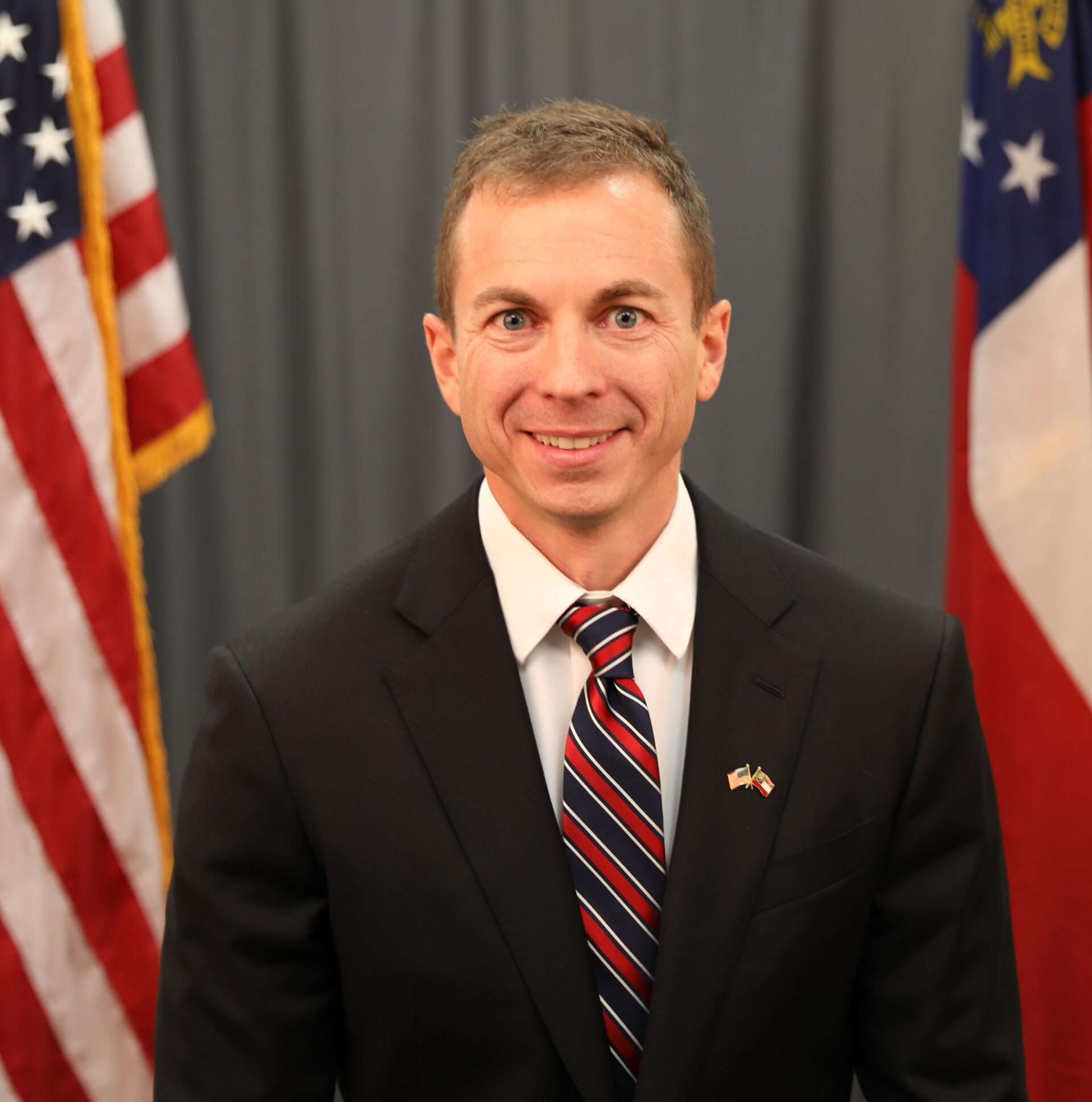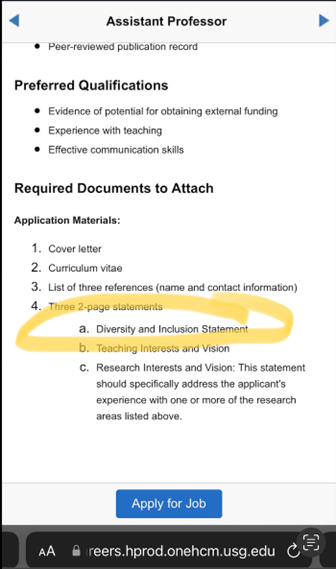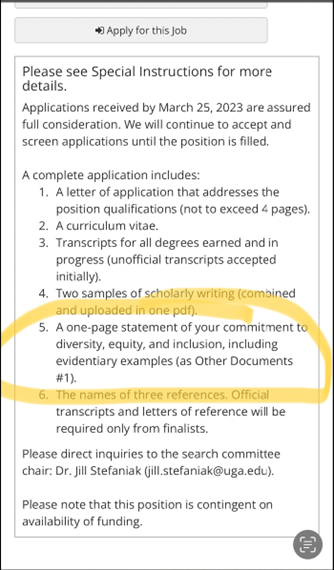
Guest Post By Senator Dolezal: Good for the Board of Regents to Ban “Diversity Statements”
Editor’s Note: This is a guest post by State Senator Greg Dolezal, who represents Georgia’s 27th Senate District.
I remember reading this article headlined “University of North Carolina moves to ban ‘diversity, equity and inclusion’ statements in anti-woke backlash” and wondering if colleges and universities in Georgia were requiring so called “diversity statements” in the hiring process.
I went to the job application pages at a some of our best institutions and there it was—aspiring professors and assistant professors were required to provide their curriculum vitae, references, and “diversity statement”, including, in the case of a posting at UGA, “evidentiary examples” of the applicant’s support of DEI. I was not able to find such requirements at other USG institutions such as Valdosta State or University of North Georgia, so this was not a universal requirement across the system.


I’m not exactly sure what one’s views on DEI have to do with their ability to teach, say, chemistry, but I’m pretty sure this Is counter-productive toward providing a climate of diverse thought among faculty.
A few days later, I introduced SB261 along with 23 of my Senate colleagues seeking to ban “political litmus tests” in the higher education hiring and enrollment process. I am not aware of any USG institutions that were requiring these statements for the student admissions process, but we wanted to be sure to stop this as it was a movement that seemed to be prevalent at many institutions.
Screening faculty based on their allegiance to ideology is incongruent with academic freedom and fostering a campus culture of intellectual curiosity and exploration. It’s likely a faculty candidate would be rejected before the first interview if they replied with a diversity statement along the lines of, “I believe many applications of so-called DEI fly in the face of meritocracy and embrace a collectivism rooted in socialism,” even though this is a position held by many. One should not be removed from higher education through a viewpoint litmus test.
Over the years, higher education has become a homogeneous haven of liberal thought. For example, less than 2% of Harvard faculty self-identify as conservative, but lest we think this is only an Ivy League phenomenon, a recent analysis found that democrat professors outnumber republicans 7-1 at UGA. These diversity statements only serve to further the political dominance of the left in higher ed.
A common complaint I hear from my constituents is they send their children off to college hoping they will learn “how” to think and prepare them for a career, but instead they quickly found out their children are being taught “what” to think -and they lament spending tens of thousands of dollars for the privilege of professors inculcate their students with far left thinking. Students have told me they intentionally write their papers reflecting a liberal viewpoint as they fear if they express their conservative viewpoint they will suffer lower grades.
Since introducing the bill, I have had numerous conversations with leaders in Georgia and received assurances the Board of Regents would be addressing the issue of “diversity statements”. I agreed to slow play my bill and allow the Regents to take the lead.
They delivered.
Last year, the Regents took the first step in addressing this problem, and last month they issued a broad statement to put an end to this madness, banning “Ideological tests, affirmations, and oaths, including diversity statements,” from employment and admissions decisions. They placed a stake in the ground for academic freedom stating “No applicant for admission shall be asked to or required to affirmatively ascribe to or opine about political beliefs, affiliations, ideals, or principles, as a condition for admission,”
There may well still be a need to deal with this issue statutorily, and follow through and enforcement will be essential, but if we want our institutions of higher end to be the breeding ground of academic freedom and robust debate, we cannot have a faculty who is screened based on political ideology. This a good step in righting a ship that has been headed in the wrong direction.
